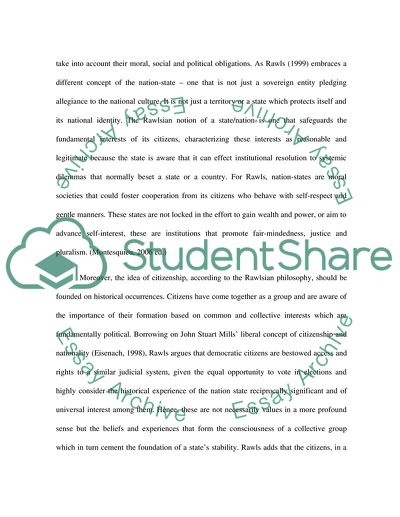Cite this document
(Health & Australian Federal Government Case Study, n.d.)
Health & Australian Federal Government Case Study. Retrieved from https://studentshare.org/health-sciences-medicine/1717240-just-health
Health & Australian Federal Government Case Study. Retrieved from https://studentshare.org/health-sciences-medicine/1717240-just-health
(Health & Australian Federal Government Case Study)
Health & Australian Federal Government Case Study. https://studentshare.org/health-sciences-medicine/1717240-just-health.
Health & Australian Federal Government Case Study. https://studentshare.org/health-sciences-medicine/1717240-just-health.
“Health & Australian Federal Government Case Study”, n.d. https://studentshare.org/health-sciences-medicine/1717240-just-health.


